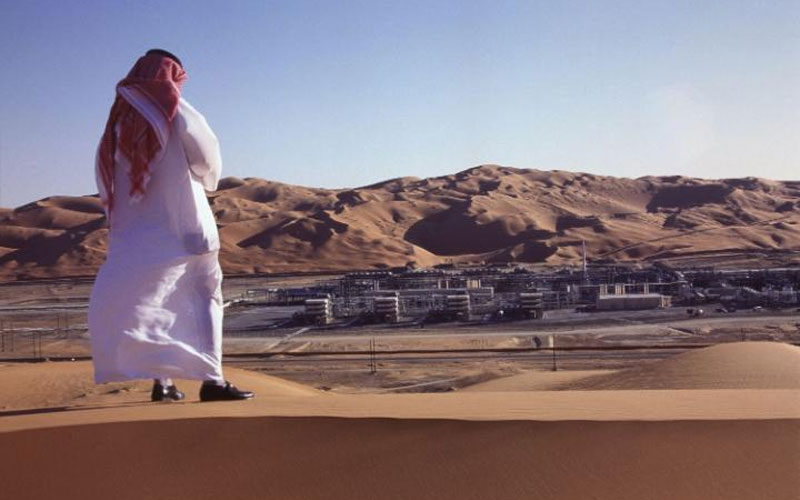Oil prices advanced for a third consecutive day to reach a one-month high amid growing hope that the world’s largest producers may agree a deal to combat the stubborn glut of global supplies.
The price of Brent crude climbed to $46.61, 10pc higher than at the start of the month but still well below the 2016 highs of $52.50 a barrel seen in June.
Oil was buoyed by speculation that the Organisation of Petroleum Exporting Countries – responsible for nearly 40pc of world supply – is considering joint action to limit output to prop up prices.
Opec is due to meet in Algeria next month where the cartel’s focus is expected to return to a possible supply cap deal after similar talks in Doha failed earlier this year.
The market is hopeful that the Algeria talks may prove more successful after Russian energy minister Alexander Novak told Saudi newspaper Asharq al-Awsat that his country – the world’s third largest supplier of oil – was involved in the early discussions.
“We are co-operating in the framework of consultations regarding the oil market with Opec countries and producers from outside the organisation, and are determined to continue dialogue to achieve market stability,” Mr Novak said.
Last week Saudi energy minister Khalid bin Abdulaziz Al-Falih said Opec would discuss measures to stabilise oil market prices with major producers outside of the cartel, causing prices to jump 5pc.
Mr Al-Falih told the Saudi Press Agency over the weekend: “We are going to have a ministerial meeting of IEF in Algeria next month, and there is an opportunity for Opec and major exporting non-Opec ministers to meet and discuss the market situation, including any possible action that may be required to stabilise the market.
“We’ve said before that market rebalancing is already taking place but the process of clearing crude and products inventories will take time. We are on the right track and prices should reflect that,” he added.
The oil price recovery from a 12-year low of $28 a barrel in January floundered in July as global economic jitters reignited concern that there was too much supply in the market, causing prices to slump to $41.66 a barrel.
Saxo Bank analyst Ole Hansen said: “Back in April Opec members, forced by the Saudis, went for no change in the belief that the rally from $30 to $43 was just the beginning. Now that we have come down from $53 to $44.5, frustrations about the slow progress towards rebalancing has begun to be felt and heard once again.”




